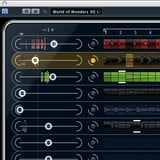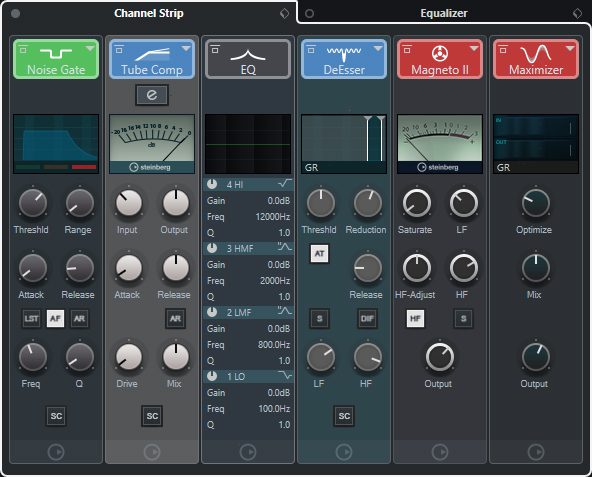

- #Cubase vs fl studio 10 how to#
- #Cubase vs fl studio 10 upgrade#
- #Cubase vs fl studio 10 pro#
- #Cubase vs fl studio 10 Pc#

Those parameters are the CPU, BIOS, memory in the case of Ryzen, the motherboard “subsystem”, the OS, and also connected devices (i.e. Of course the first two questions may be ones to ask developers and not users, but for #3 and #5 at least testing is probably the way to go.ĬPU usage seems to vary depending on a few different parameters if I remember correctly. Some people don’t do that, so just make sure that you do. So really the best thing you can do is to set up tests for yourself to see how things really work.Īnd when it comes to testing the only thing I can say is that it’s best to change as few parameters as possible whenever you test something. But I haven’t done the testing needed to answer your questions, and I’m guessing most people haven’t. I have an R7 1700 rig myself clocked at 3.7GHz all cores, stock cooler, and I too noticed huge gains using ASIO guard. I think your absolute best bet is to simply test those things yourself. Should I use multiple instances of Kontakt with 1 library loaded or should I use 1 multi-timbral Kontakt and load like 5 libraries into 1 instance?.
#Cubase vs fl studio 10 how to#

#Cubase vs fl studio 10 upgrade#
So after upgrade all of my old projects in FL Studio are running extremely smoothly and with much more CPU power available than ever, even with 128 ASIO buffer latency, absolutely rock solid, especially after last FL Studio update. Furthermore, sometimes I’m playing my electric guitar using Guitar Rig 5 (I’m not too good at this tho), so 128 is even more interesting for me. Since I’m kinda experienced piano player, my usage of MIDI-controller (Novation SL mk2 49) is extensive and I like recording scores for VSTi via MIDI using 128 and 256 samples buffer size settings.
#Cubase vs fl studio 10 pro#
#Cubase vs fl studio 10 Pc#
Hi folks My name is Iskander Gafarov, I’m from Russia, so my English can be kinda bad, pls, don’t judge me too much My old PC based on AMD FX started to be not enough for my music writing needs, so recently I’ve got an upgrade to new computer:


 0 kommentar(er)
0 kommentar(er)
